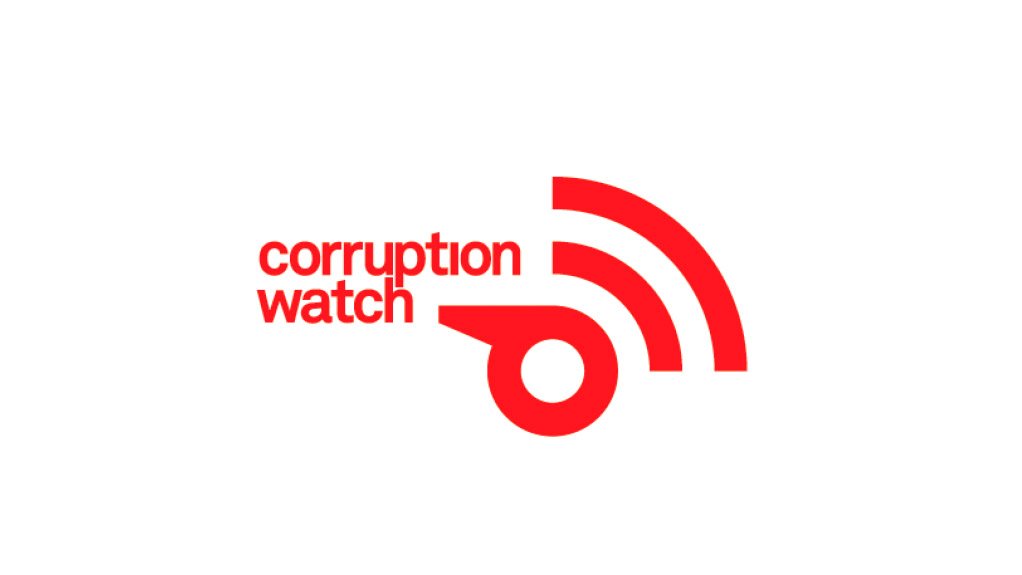Civil rights and anti-corruption group Corruption Watch researcher Melusi Ncala maintained on Wednesday that whistle-blowers deserve commitment and support from the highest echelons of power to ensure their safety and to create an environment that encourages the reporting of corruption.
Corruption Watch released the '2021 Analysis of Corruption Trends' (ACT) report and podcast revealing the extent to which corruption has continued unabated during the first half of this year, with 1 964 whistle-blowers reporting acts of corruption in the public and private sectors.
Last month Gauteng Health Department finance officer Babita Deokaran, who was a witness in an investigation into alleged fraud relating to a R300-million tender for personal protective equipment, was shot dead outside her home in Johannesburg.
Ncala said those brave enough to expose corruption continued to face threats from people acting with impunity, adding that the environment was even more hostile for whistle-blowers.
He added that the vulnerability of whistle-blowers in South Africa needed to be addressed as a matter of urgency if there was to be any meaningful shift in the efforts to eradicate corruption.
Reports received by the organisation ranged from extortion and abuse of authority by the police, school principals extorting sexual favours from temporary teachers to safeguard their jobs and Covid-19 related graft, highlighting the collusion between the public and private sectors. These represent some of the key hotspots over this period, Corruption Watch said.
UNABATED CORRUPTION PROBLEMS
The report revealed that police corruption continued to dominate, topping the report at 12%. Also prevalent at 8% was corruption related to procurement and maladministration in response to the Covid-19 pandemic, including mismanagement of funds such as the temporary employment relief scheme intended to provide support, followed by corruption in public schools at 6% and public housing at 4%.
Ncala explained that it was alarming that corruption in the distribution of food parcels still featured during this time.
“Communities are vulnerable because police officers care more about securing dodgy deals with criminal networks. Learners in schools and patients in health facilities are at the mercy of self-serving and abusive officials,” he said.
Corruption Watch noted that 42% of the complaints were from Gauteng, KwaZulu-Natal (KZN) had 10% of the reports, the Western Cape 9% and the Eastern Cape 7%.
Turning to corruption in schools, a number of whistle-blowers in Gauteng, the Eastern Cape and Limpopo pointed to abuse of authority, frequently by principals and the chairpersons of school governing bodies, as a major concern.
Also common were reports of embezzlement or theft of school funds, and irregularities in employment processes.
The report also revealed that Gauteng and Western Cape emerged as hotspots of public housing corruption, where most whistle-blowers exposed irregularities in the allocation of RDP houses, fraud in relation to the housing waiting lists, and abuse of authority.
The majority of corruption reports dealing with government’s response to Covid-19 occurred in Gauteng at 34%, KZN at 18%, Western Cape at 14% and Mpumalanga with 10%.
EMAIL THIS ARTICLE SAVE THIS ARTICLE ARTICLE ENQUIRY
To subscribe email subscriptions@creamermedia.co.za or click here
To advertise email advertising@creamermedia.co.za or click here











